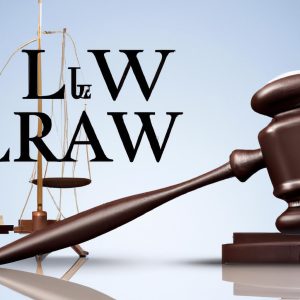Medicaid Planning – The Moral Aspect: An Insightful Exploration
Medicaid planning, a crucial facet of elder law and estate planning, often stirs a significant ethical debate. At Morgan Legal Group in New York City, we navigate the complexities of Medicaid planning with a deep understanding of both its legal and moral dimensions. This article delves into the ethical considerations surrounding Medicaid planning, aiming to provide New Yorkers with a comprehensive understanding of this critical issue.
Understanding Medicaid Planning
Medicaid planning involves legal strategies to protect an individual’s assets while ensuring eligibility for Medicaid, which provides health coverage to millions of Americans, including seniors and individuals with disabilities. The process, while legal, raises questions about fairness, societal responsibility, and the allocation of limited resources.
The Ethical Debate Surrounding Medicaid Planning
At the heart of the Medicaid planning discussion lies a fundamental ethical question: Is it right for individuals to restructure their finances to qualify for government assistance? Critics argue that such practices may divert resources from those in dire need, while proponents highlight the importance of protecting one’s life savings and ensuring quality care for all.
Legal vs. Moral Obligations
While Medicaid planning is legally permissible, the moral obligations of individuals and families undertaking such planning merit careful consideration. New York State law provides mechanisms for asset protection and Medicaid eligibility, but navigating these legal avenues requires a thoughtful approach that balances personal benefits with broader societal values.
Medicaid Planning and Social Responsibility
The concept of social responsibility plays a significant role in the Medicaid planning debate. This section examines how individuals can engage in Medicaid planning ethically, ensuring they contribute to the societal good while safeguarding their future.
Case Studies: Ethical Medicaid Planning in Action
Through real-life case studies, this section illustrates how Medicaid planning can be conducted ethically, highlighting scenarios where individuals and families in New York have navigated the planning process with integrity and social responsibility in mind.
Conclusion: Finding the Ethical Balance in Medicaid Planning
Medicaid planning, when approached with a deep understanding of its legal and moral implications, can serve as a vital tool in estate planning and elder care. At Morgan Legal Group, we are committed to guiding our clients through the Medicaid planning process with expertise and empathy, ensuring that our actions align with both the letter and the spirit of the law. Our goal is not only to protect our clients’ assets but also to uphold the highest standards of ethical responsibility and contribute positively to the broader community.
In navigating the ethical landscape of Medicaid planning, individuals and families must weigh their personal needs against the implications of their decisions on the welfare system and society at large. With the guidance of experienced legal professionals, it is possible to achieve a balance that respects both personal interests and the common good. Morgan Legal Group is dedicated to providing expert legal advice that aligns with our clients’ values and New York State law, ensuring a responsible approach to Medicaid planning.











